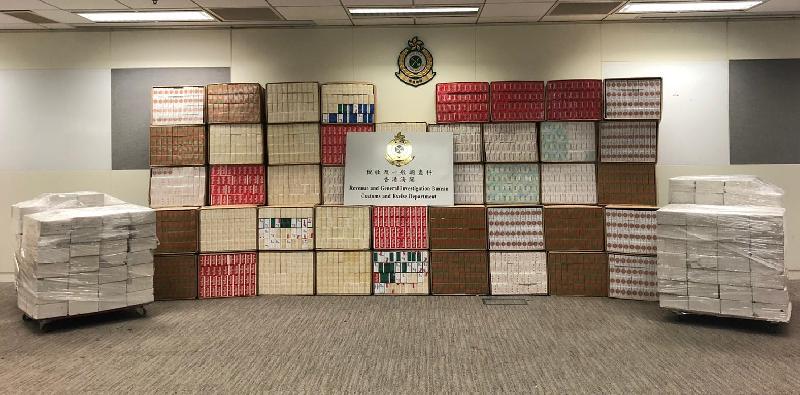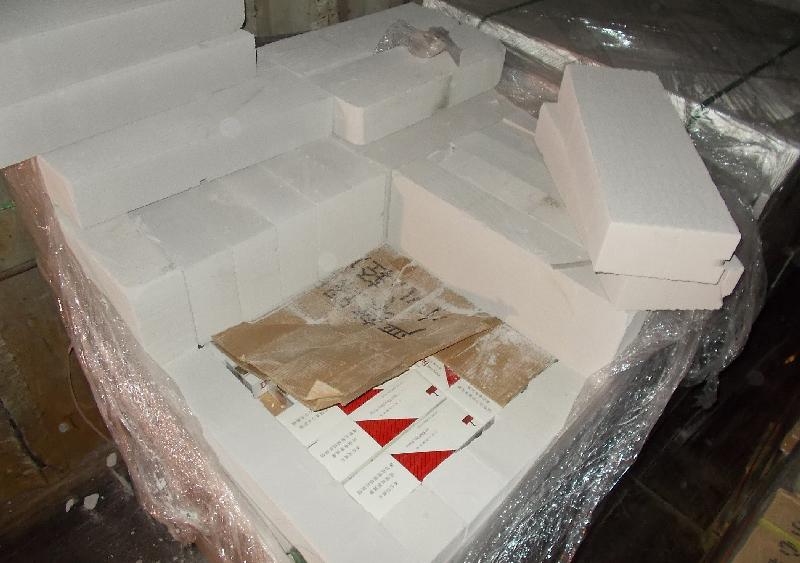Following is a question by the Hon Martin Liao and a written reply by the Secretary for Transport and Housing, Mr Frank Chan Fan, in the Legislative Council today (November 27):
Question:
The Transport and Housing Bureau has recently indicated that the Government “will consider legislative amendments to stipulate the conditions and supporting measures required for trials of autonomous vehicles so as to foster a suitable and safe road environment for such trials and promote the development and application of autonomous vehicles”. In this connection, will the Government inform this Council:
(1) of the specific plans and contents in respect of its work in considering legislative amendments, and whether it has formulated plans to facilitate the conduct of trials of autonomous vehicles (AVs) in ordinary road environment under safe circumstances;
(2) of the details of the trials of various models of AVs conducted currently at designated locations in Hong Kong, as well as the technological development stage reached so far;
(3) whether it has assessed the material support that needs to be provided by the Government to facilitate the development of autonomous driving in Hong Kong, e.g. assisting in perfecting the innovation and technology ecosystem that comprises essential elements such as big data, advanced networks, smart road infrastructure; if so, of the details; if not, the reasons for that;
(4) whether it will follow the practices of some technologically advanced places by formulating a strategy and interim development goals for the development of AV transport and drawing up a roadmap and an implementation timetable for this purpose; if so, of the details; if not, the reasons for that; and
(5) as it is anticipated by some technologically advanced places that AVs not only can generate huge business opportunities, but may also, along with the continued development of technologies such as artificial intelligence and ultra high-speed network, bring revolutionary changes to the way in which a society operates, including significantly enhancing road safety, providing highly efficient transportation services featured by public and private passenger and freight transport that operates on a round-the-clock and beck-and-call basis, enabling the efficient use of roads and reducing the demand for car parking spaces, and significantly reducing the need for owning a vehicle, whether the authorities have also articulated a vision for the development of autonomous driving in Hong Kong; if so, of the details?
Reply:
President,
My consolidated reply to the various parts of the Hon Martin Liao’s question on promoting the development and application of autonomous vehicles (AVs) is as follows:
The Government published the Smart City Blueprint for Hong Kong (the Blueprint) in December 2017, aiming at building Hong Kong into a world-class smart city. In recent years, as one of the Smart Mobility initiatives, the Transport Department (TD) has strived to facilitate trials of AVs at suitable locations in Hong Kong as well as the development and application of AV technology.
With the rapid development of AV technology in recent years, various road tests have been conducted across the world in the hope of improving road safety, alleviating traffic congestion, enhancing mobility of citizens, increasing productivity and reducing emission by means of new modes of transportation. Specifically, AV technology could hopefully reduce traffic accidents caused by human factors, thereby enhancing road safety, while improved transport efficiency could cut down the use of fuel and its emission, and enhance our living environment and strengthen Hong Kong’s competitiveness in the long run.
On facilitation of trials of AV technology, TD has since mid‑2017 issued “Movement Permits for Autonomous Vehicles” to eight different models of AVs, enabling 25 trials to take place at designated routes under safe environment. The trial sites include Zero Carbon Building, West Kowloon Cultural District, Hong Kong Science Park, Hong Kong University of Science and Technology, Tai Po Industrial Estate, Hong Kong Air Cargo Terminals and Hong Kong Productivity Council, etc. Moreover, TD issued in December 2017 “A Guide on Application for Movement Permit for Test, Trial and/or Demonstration of Autonomous Vehicles on Roads within Designated Sites in Hong Kong” to help the trade understand the requirements and procedures for application.
To further promote the development of AV technology in the city, TD has earlier on set up the Technical Advisory Committee on the Application of Autonomous Vehicle Technologies in Hong Kong. The Committee, comprising representatives and experts from the trade and relevant research and development institutes, will explore how best to draw up an appropriate regulatory framework for AVs. TD will work in close collaboration and liaison with the trade and make reference to local experience of trials of AV technology when contemplating the long‑term regulatory framework with necessary legal backing. Meanwhile, TD is drafting a new set of “Guidance Notes on the Trials of Autonomous Vehicles” so that the trade could have a firmer grasp of the requirements for conducting more sophisticated AV trials on roads under the existing legislation.
At the same time, TD has commenced studying necessary legislative amendments with a view to allowing the industry to conduct trials of innovative technologies through a “regulatory sandbox” approach while maintaining close liaison with the industry to jointly stipulate the regulatory model for AVs as well as the conditions and supporting measures required for trials of AVs. The objective is to foster a suitable and safe road environment for such trials. We will conduct relevant research in full swing and report our findings to the relevant Panel of the Legislative Council in due course.
Separately, as set out in the Blueprint, the Government will facilitate technology advancement and industry development in vehicle-to-everything (V2X) and AVs, with the ultimate objective of introducing AVs with V2X incorporated. In this connection, TD will continue to maintain close contact with, and render assistance to, organisations which have expressed interest in setting up testing facilities for AV technologies or conducting trials of AVs. TD will also examine the feasibility of conducting joint trials of new AVs and related technologies on public roads. In her 2019 Policy Address, the Chief Executive has also proposed an initiative related to promotion of vehicle technology and indicated that the Government will prepare for the setting up of a Smart Traffic Fund dedicated to the transport field, with $1 billion earmarked for providing enterprises or organisations with funding support for research into and application of vehicle-related innovation and technology.
In the long run, when AV technology has become more advanced and relevant international technical standards have emerged, TD will formulate in due course the long‑term regulatory framework with necessary legal backing to replace the “regulatory sandbox” in the regulation of AVs. Meanwhile, the Government will continue to act as an effective “facilitator” and “promoter” by proactively promoting the development and application of AVs in Hong Kong. read more



